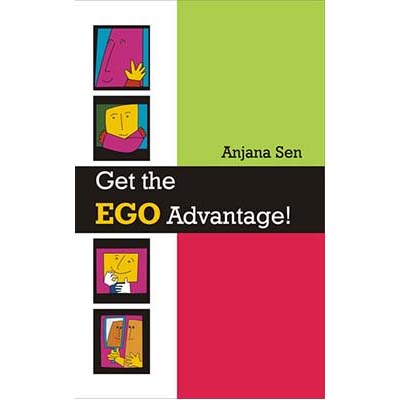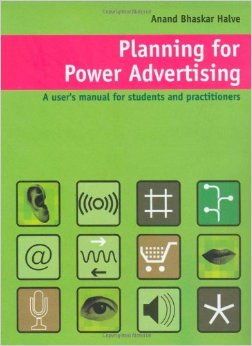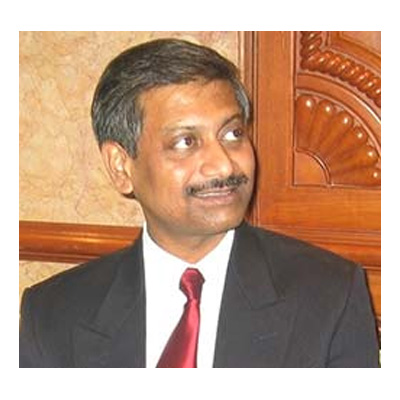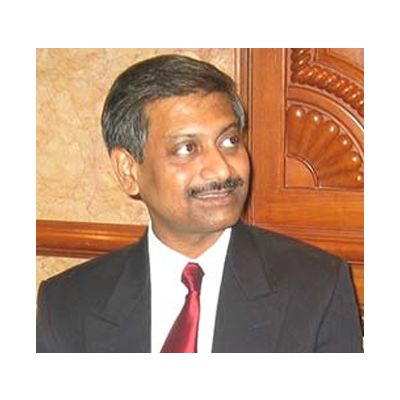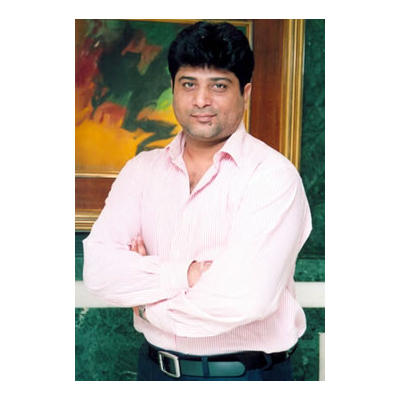Get the Ego Advantage : Anjana Sen
What is this Ego and why is there so much of it everywhere?' is what Get the Ego Advantage examines?
Our ego is like an invisible but tangible bubble which we project around ourselves, based on our own impression of our abilities and worth. This book shows how our abilities and sense of worth combine in the ego to determine our actions and interactions.
Suffering toxic emotions while nursing ego-wounds, reacting, and regretting can all be prevented. Get the Ego Advantage! Outlines a simple approach that can easily be applied to real-life situations to help us understand the puzzling reactions we come across in other people. It also explores ego clashes in professional life, ways to balance individual and team identity, leadership, and issues such as rigid attitudes, prejudice, and alienation. The author provides illuminating insights into complex concepts like self-esteem, true love, parental love, arrogance, and narcissism.
With Abu, an original cartoon character, to guide through the book, it will be an entertaining as well as useful read for both the general and the professional reader.
Description:
Anjana Sen, an Emotional Intelligence (EI) consultant and a medical physician who has authored this extremely interesting book, helps us to understand our reactions and feelings in the constant interplay of ego in our personal and professional lives. She has likened the ego to a suit, which each personality wears much like a skin and describes the ego as an invisible but very tangible bubble, which we project around ourselves like a hologram based upon our own impression of our abilities and worth.
The author also provides insights into the convoluted concepts of:
- Self esteem;
- True love and parental love
- Arrogance;
- Happiness has now become a thing constructed. It is no longer intrinsic.
"Self-esteem is not everything, but without it there is nothing." That is the essence of this short 14-chapter book, replete with illustrations by the author.
People in positions of power and responsibility particularly need to hone their EI skills. Says Sen: "As you go higher in the ladder, you need emotional competencies much more than technical competencies. Society is equipping people to get jobs; we are not equipping them to keep jobs."
Science of it
"Ego is wrongly interpreted as arrogance. Instead, Ego is inside us. When we bring it to consciousness, it is self esteem."
Even though it is based on science, Emotional Quotient (EQ) itself cannot be measured, though there are many instruments to measure it.
By Nidhi Jain
